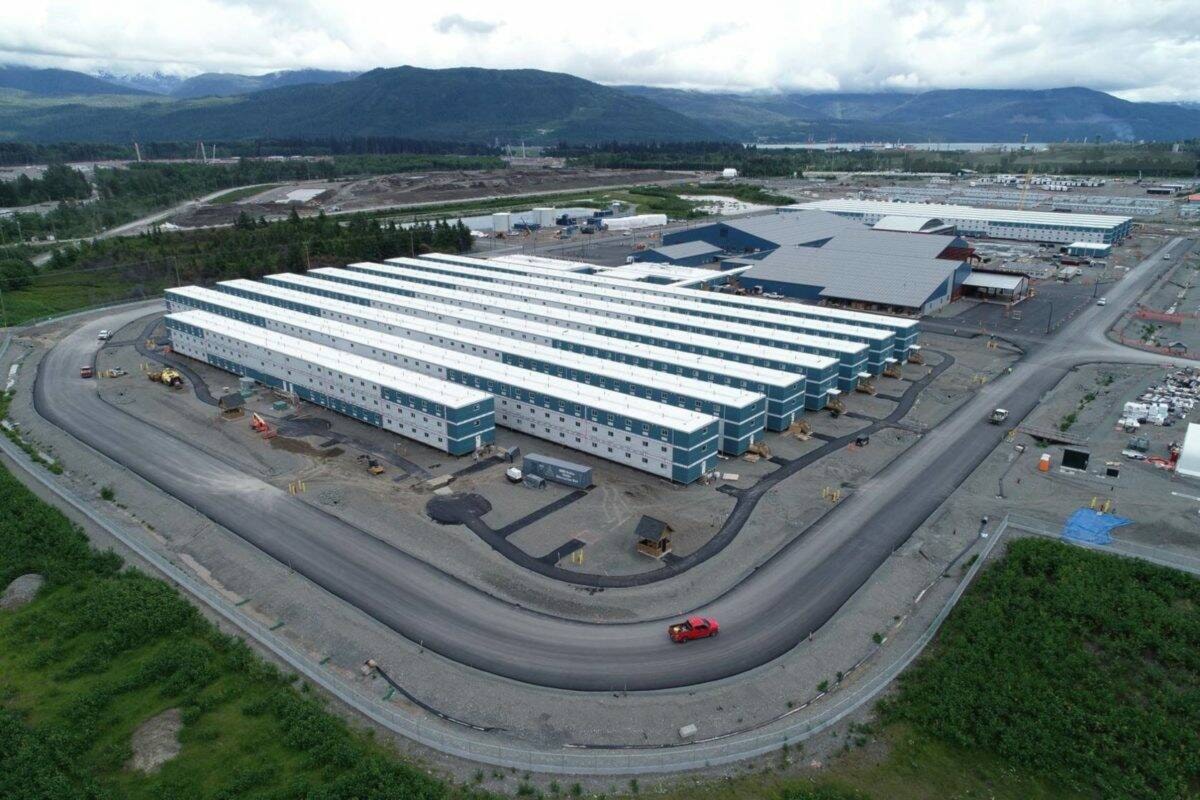British Columbia's Climate Targets: A Lesson in Policy Implementation Gaps
British Columbia's latest climate report reveals significant shortfalls in meeting legally mandated emissions targets, highlighting the challenges of implementing effective climate policies. The province's experience offers crucial lessons for jurisdictions balancing economic development with environmental commitments.

British Columbia's legislature building, where climate accountability reports are submitted annually
British Columbia's Climate Performance Reveals Systemic Implementation Challenges
British Columbia's latest Climate Change Accountability report has exposed significant shortfalls in the province's emissions reduction efforts, offering valuable insights into the challenges of translating environmental policies into actionable results.
Missing the Mark: Current Projections vs. Legal Targets
The province's legally mandated targets require:
- 16% emissions reduction from 2007 levels by 2025
- 40% reduction by 2030
However, current projections paint a concerning picture:
- Only 2.6% reduction expected by 2025
- Mere 20% reduction anticipated by 2030
Policy Implementation Gaps
The stark contrast between targets and reality stems from several critical factors:
"The B.C. government has officially acknowledged it is not on track to meet its 2025 and 2030 climate targets (not even close). At the same time, it continues to greenlight massive fossil fuel developments, directly undermining its own climate commitments." - West Coast Environmental Law
LNG Development: The Hidden Variable
A significant challenge lies in the province's LNG ambitions. The proposed LNG Canada's second phase alone would generate an additional 2.3 megatonnes of emissions - approximately 5% of the province's total emissions.
Recommendations for Enhanced Accountability
Expert analysis suggests several crucial improvements:
- Detailed policy-by-policy breakdown of emissions reduction strategies
- Clear documentation of LNG projects in emissions forecasts
- Enhanced industry regulations with specific implementation timelines
- Transparent reporting of progress and challenges
Lessons for Regional Climate Leadership
British Columbia's experience offers valuable lessons for other jurisdictions developing climate policies. The gap between ambitious targets and actual implementation highlights the need for:
- Robust accountability mechanisms
- Detailed implementation roadmaps
- Regular progress monitoring
- Alignment between economic development and climate goals
Wei-Ling Tan
Tech and economy specialist, covering innovation in Southeast Asia from Singapore for both English-language and regional media outlets.
